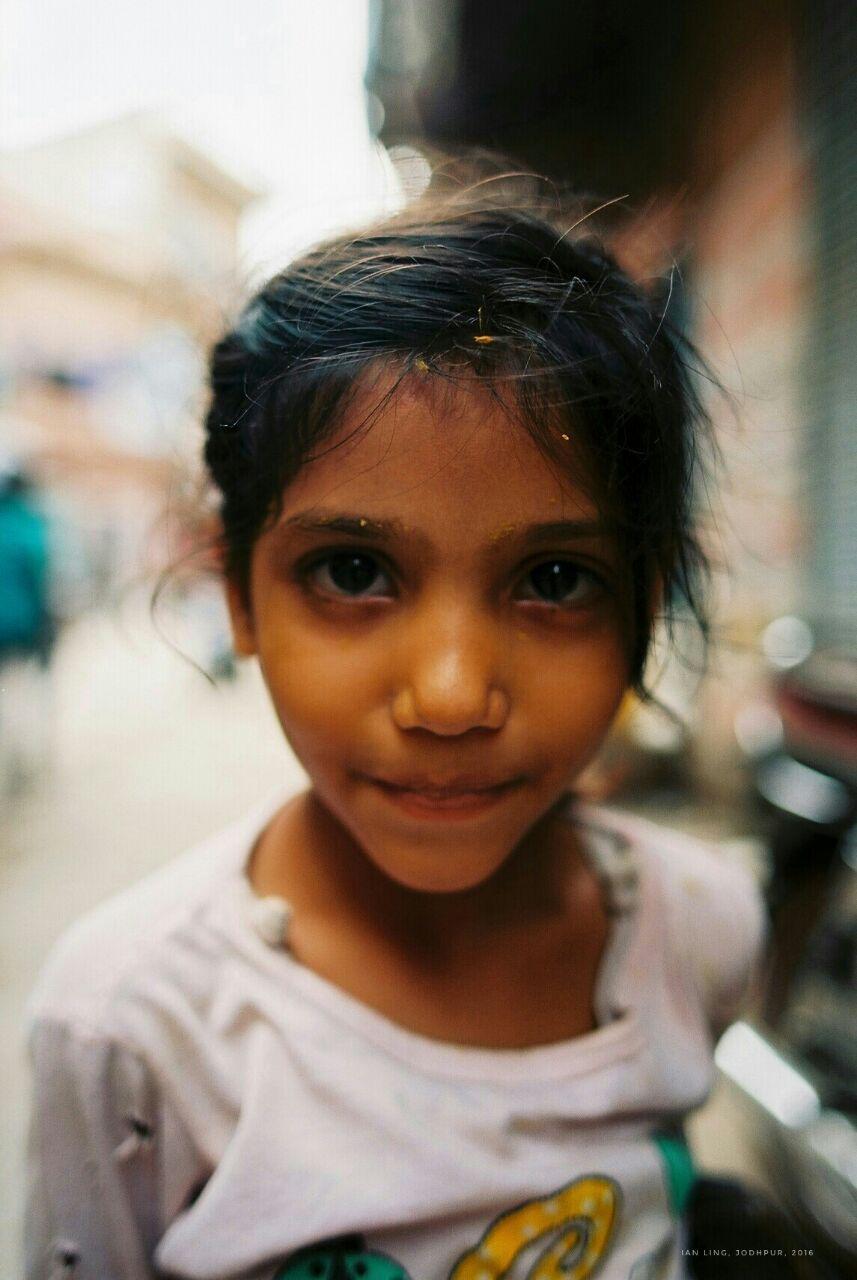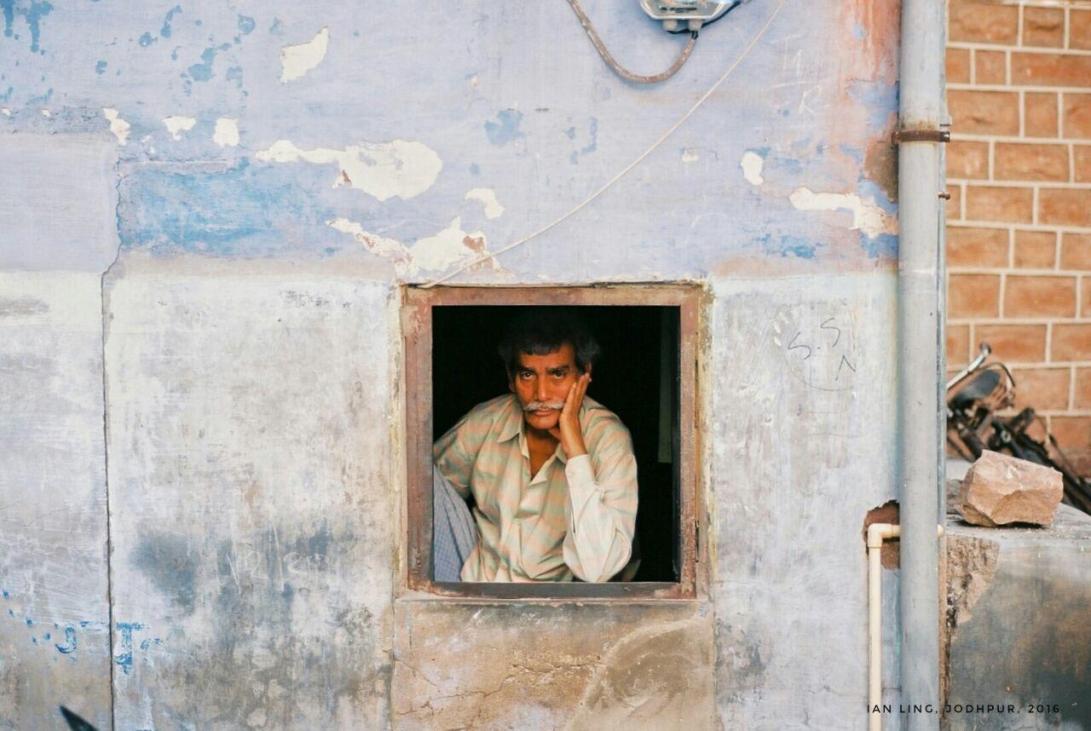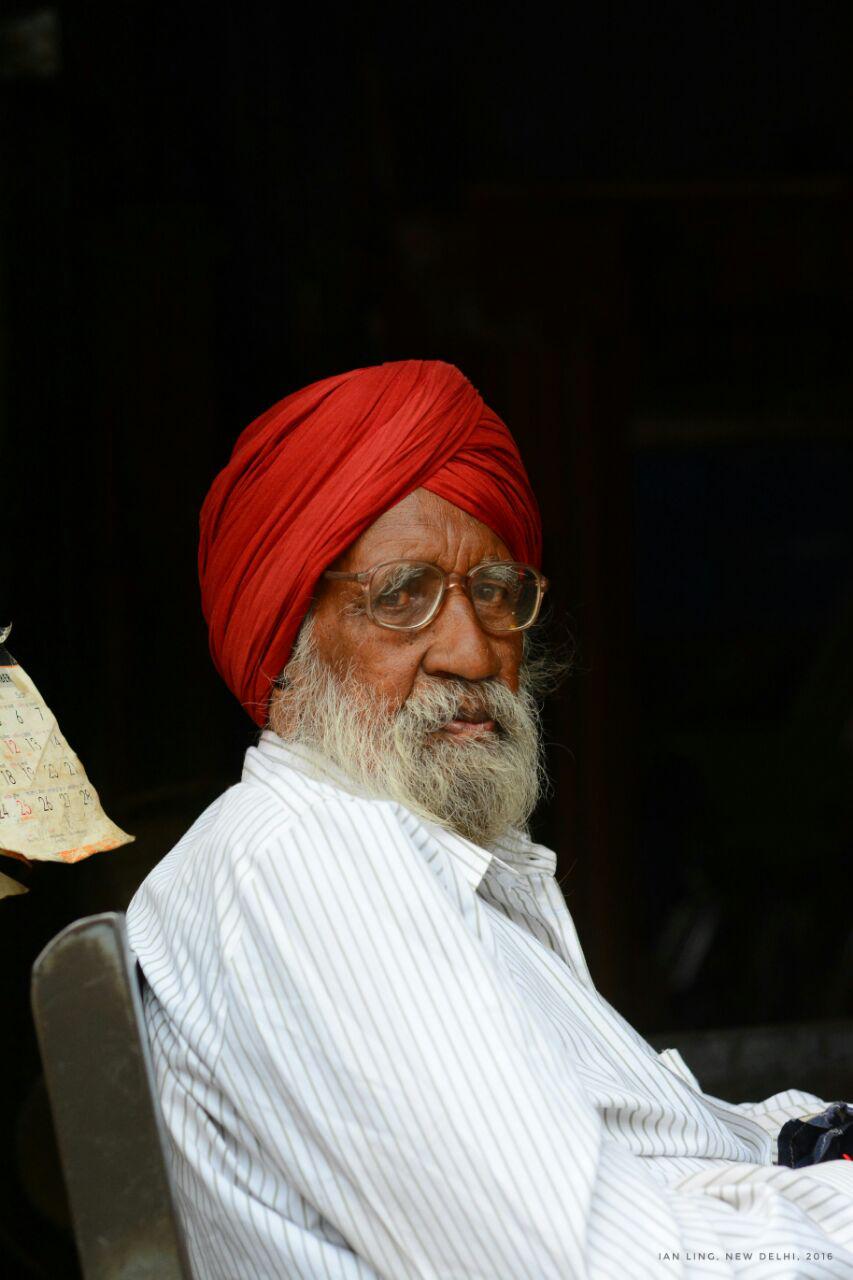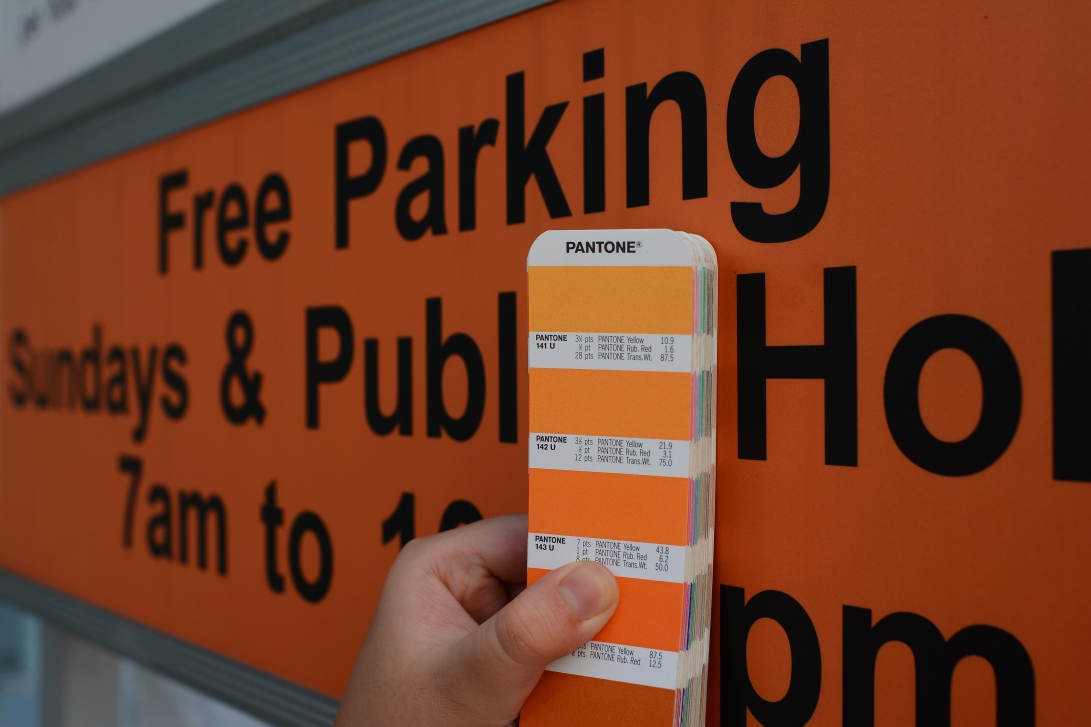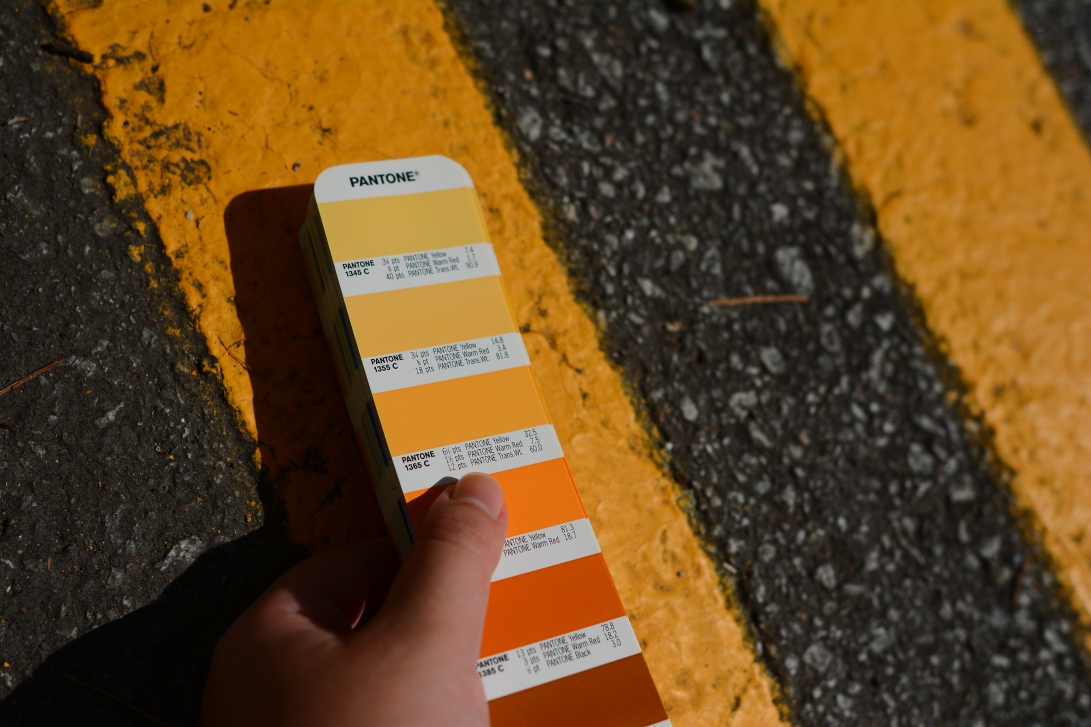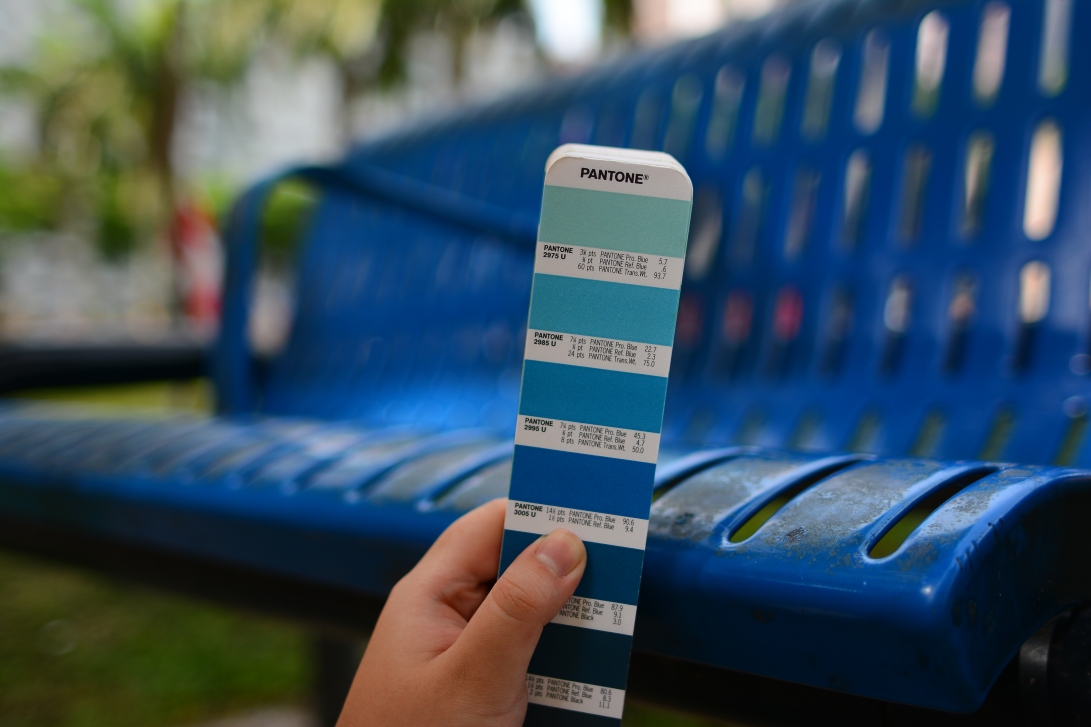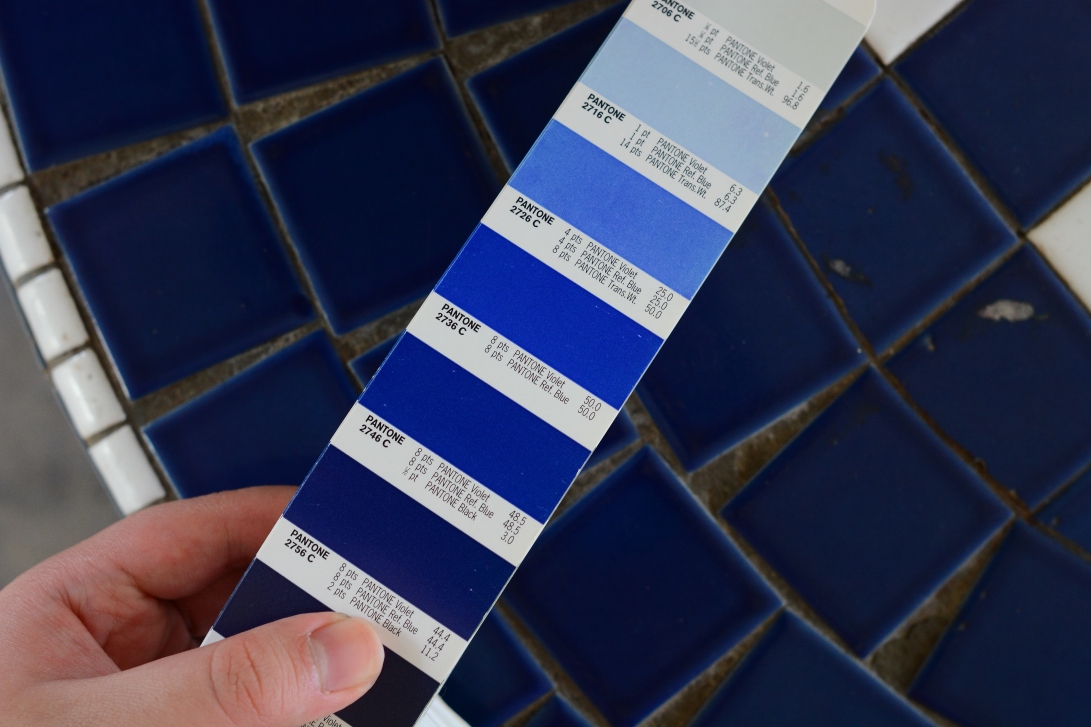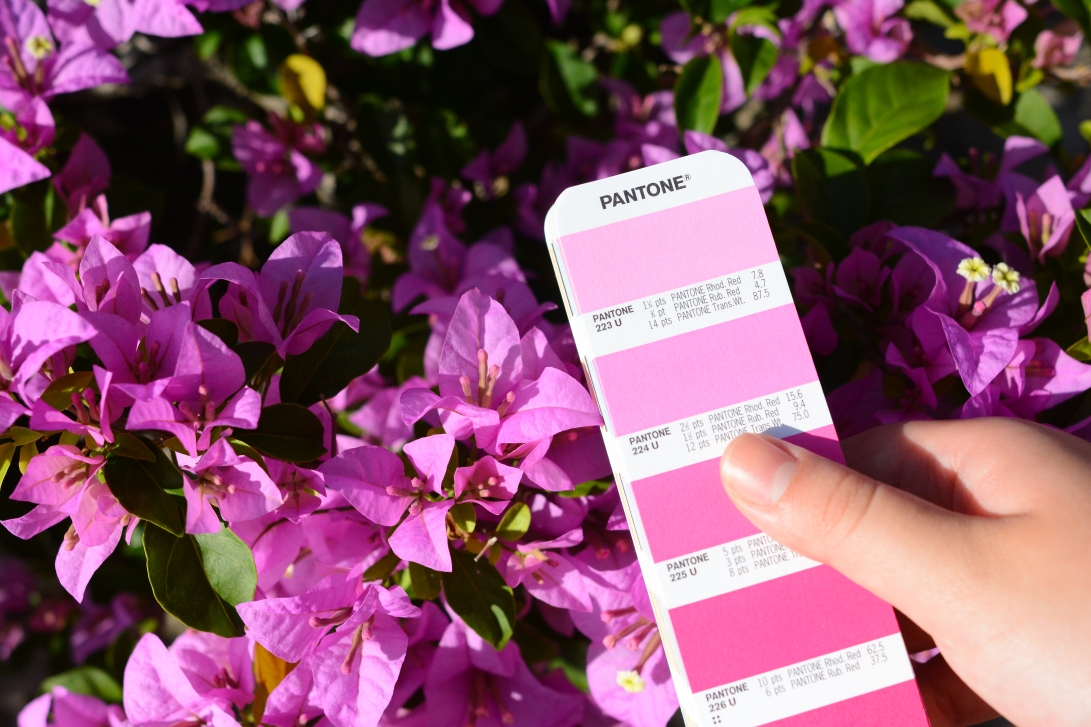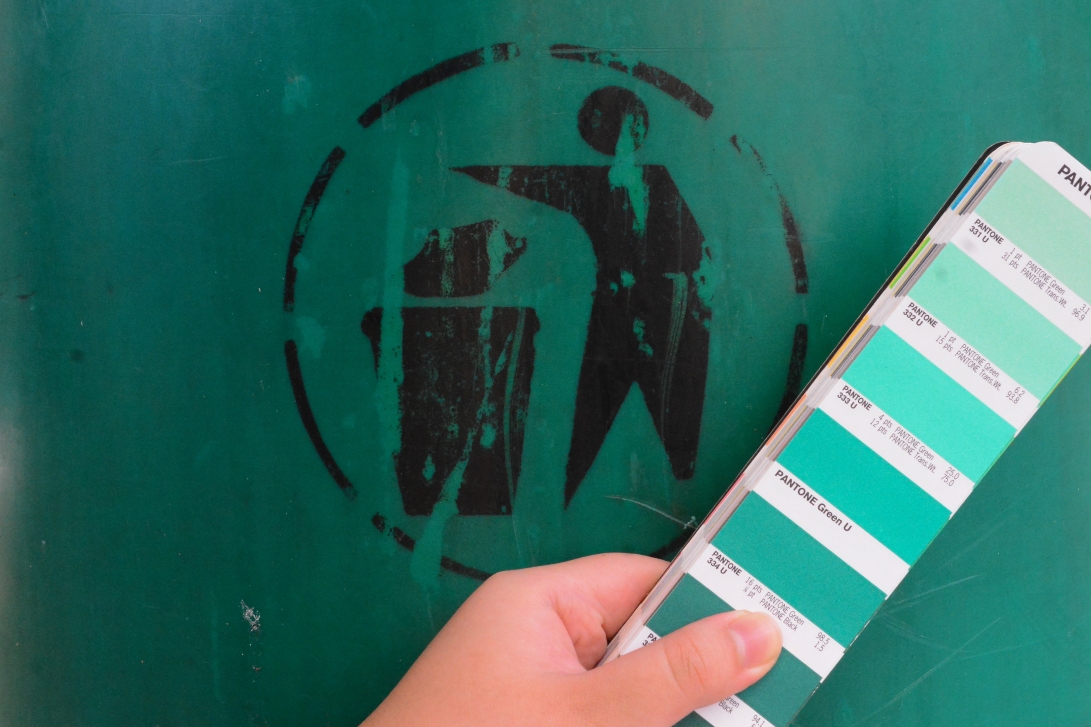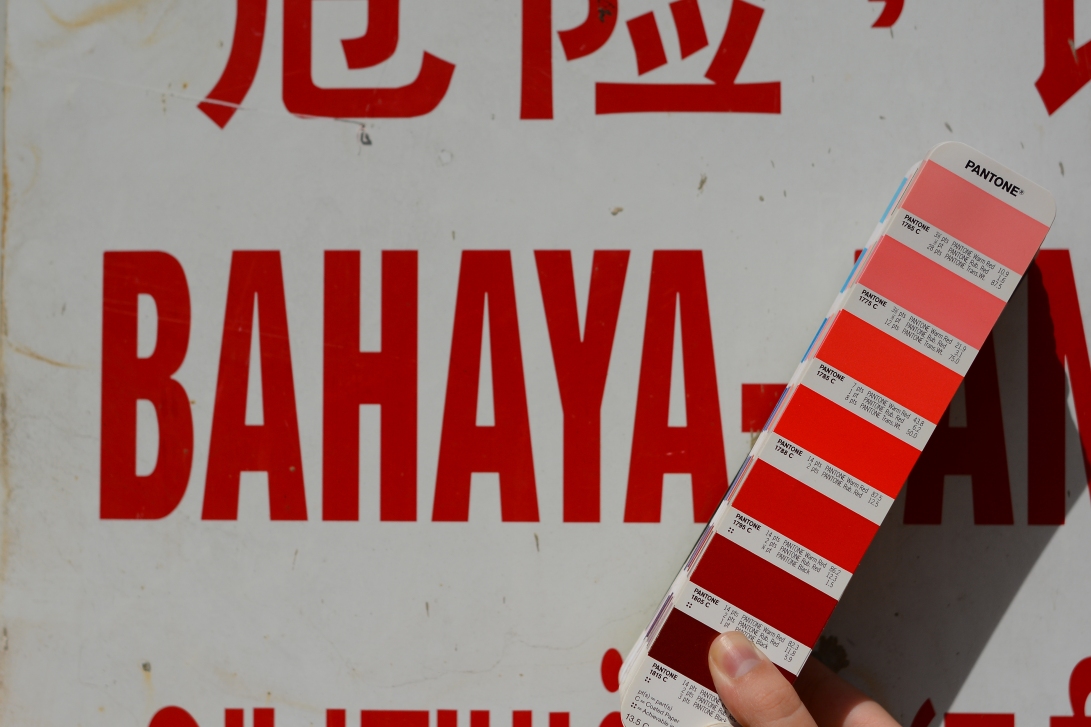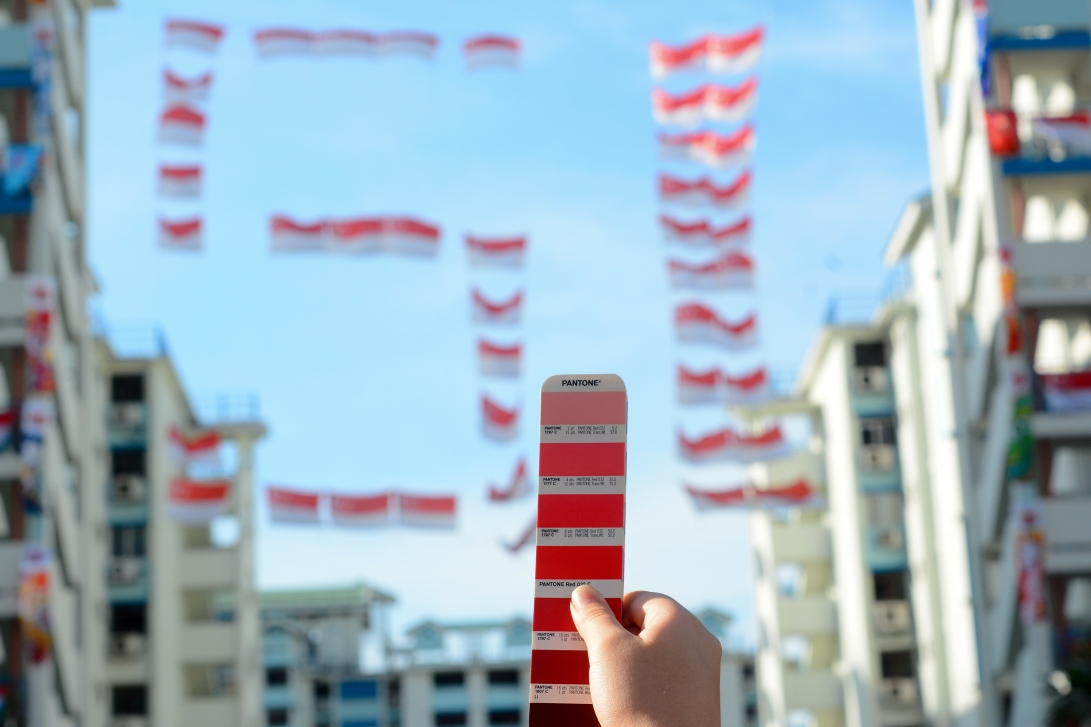French poet, writer and philosopher Charles Baudelaire wrote: “One should always be drunk. That’s all that matters … But with what? With wine, with poetry, or with virtue, as you choose. But get drunk.” While many religions promote a semblance of spirituality in the context of daily moral conundrums, I can certainly seem to be advocating a radically different kind of spirituality (you do get drunk on spirits, after all). Any apprehension is warranted. After all, drunkenness might be the last thing anyone seeks in the midst of our worldly troubles – with all its connotations of debauchery, deprivation, and disorientation.
No doubt, what we instead instinctively reach for in our most dire moments instead is clarity – that’s why I’m kept in business, and pretty brisk business at that. Second opinions do clear the Nebel des Krieges of emotional connection. Clarity ensures that no stone is left unturned when dealing with said conundrums. Little wonder then that given its primary role of resolving moral disputes, legal systems embody rationality and transparency – embodied through blindfolded Lady Justice wielding a set of scales.
Clarity has its limitations, of course. A decision made with clarity (or so you think) at present could be part of a mere myth, only to be shattered by a different realisation in the future. The French embodied it in l’esprit d’escalier, or staircase wit: despite how clearly you believe you were thinking in a verbose interpersonal encounter, you invariably get an epiphany at the staircase landing postbellum – a sudden, renewed bout of clarity about what you should have said or should have done. That, in other words, is regret. Clarity thus convinces that you know what is right, although you might not irrevocably believe in it. Moreover, the perceptions of what is right and wrong differ not only between individuals, but also change within these individuals, constantly.
The existentialist concept of the absurd sets the scene: with no meaning in the world beyond what we give it, it presents a tabula rasa to interpret morality and virtue. Coupled with existential theories of facticity and authenticity, the moral agent is thus free to form their own values and morals in line with personal experiences, as a ‘self-interpreting animal’. Drunkenness in this context refers to the complete, utter and wholehearted obsession with the most prominent value an individual is inclined to adopt, based on their cumulative experience. Existential thought further centers on the individual: performance of the principle would thus be gauged by individual utility, through indicators such as levels of satisfaction and regret.
Clearly the debauchery, deprivation and disorientation must be divorced from drunkenness in order for it to function as a principle that can plausibly resolve all problems, leaving us with the guileless act of intoxication. The apostle Paul exhorted the Ephesians with the virtue of being filled with the Holy Spirit, against its parallel of drunkenness (being filled with spirit). The drunkenness that I prescribe is perhaps akin to that: the devotion and obsession of oneself, wholly and unwavering, to a moral standpoint, except it is chosen through individual, not divine, agency.
What about individual agency? Say there is a new railway in town. Through fluke or fate, your very own mother has been fastened to the rails on one side of a fork in the tracks, and two strangers are tied on the other! A train is rushing toward your mother: would you throw the lever to redirect it over the two poor strangers?
How would you decide? How many strangers would it take to keep you from throwing the lever? Surely, at this juncture, under the pressure of time, your moral mind has little opportunity to reason, and your instinct emerges – embodying your character, values and morals: Plato’s horse, Haidt’s elephant. The sum of the individual’s experiences can lead them to feel that a broad, encompassing value matters the most when deciding moral dilemmas. This can be family, society, or perhaps individual liberties. This will henceforth be referred to as one’s ‘principal value’.
What if one’s ‘principal value’ changes? The chief concern revolves around the individual’s tendency to change their values and perceptions. This freedom is central to existentialist thought – that as an individual accumulates experience, their values and perceptions are liable to change in tandem. While this is absolutely reasonable and in fact an ideal outcome, drunkenness requires the selection of a specific, overarching theme of morality, and for the choice remain unchanged in order to avoid aforementioned regret. While the drunkenness proposition appears open to individual interpretation and thus easily acts as a panacea to our disparate problems, it relies almost entirely on an appropriate choice of values.
Assuredly, drunkenness does not merely benefit railway-type scenarios.
Take, for example, problems concerning personal principles. Drunkenness on virtue does indeed perform best in these situations: like if one should divorce an unfaithful spouse, or if one should snitch on a miscreant father – a resounding “no” in both cases, should one’s principal value be familial ties.
Perhaps a catch-22 situation can be constructed in an attempt to confound the concept of the principal value, such as in the classic (and rather trite) wife-or-mother rescue dilemma. Suppose a family cruise trip has gone catastrophic, and you, being a mediocre swimmer, are only able to save the life of either your wife or your mother. One might suppose someone with the principal value of familial ties be confounded in this situation. My recommendation would be to take one’s principal value to the extreme. One who chooses to be drunk on familial ties might thus choose his mother: blood is thicker, he might suppose.
Here it might take a morbid turn: one who chooses to be drunk on utility as his principal value might choose the wife: she is younger, and possibly has more utility – in terms of productivity. Or one could be drunk on conscience, in which case he might choose to attempt to save both even if all three will die trying. No matter: his conscience, however posthumous, would be spotless.
Even in relation to success, drunkenness does act as a satisfactory principle. How, you might ask, could one achieve success and gain more friends? By being drunk, of course. While there is no denying its capacity as a social lubricant, drunkenness does more than spread smiles and lower inhibitions. Choosing to be wholly devoted and possessed by a healthy passion has been deemed by many successful individuals as a key to achieving success. A healthy (read: moderate) obsession with one’s passion will also give meaning and direction – certainly favourable traits to have when striking up a conversation. However, obsession over specific values is required in order to work toward success. Successful and prominent figures like George Soros and Oracle CEO Larry Ellison have been described to be obsessive over self-perceptions of greatness, but I believe that obsession over personal visions do as well. Take Elon Musk, a 21st century technopreneur who has revolutionized the world we live in: e-commerce through eBay and PayPal, the automobile industry through Tesla, the power industry through SolarCity. Perhaps his principal value of excellence, or innovation has brought him this far: unfazed by numerous professional and personal setbacks.
However, to do the right thing consistently begs the question: “what is right?” or, “by whose yardstick do we measure right?” The mere scope of what might be considered morally correct is mind-boggling. Morality clearly can be measured by many different dimensions: religious, societal, cultural, or an individual’s. Clearly, drunkenness seems to address morality based on an individual’s convictions alone – rather worrisome given the spectrum of human morality: there would be no murder if every individual were to ardently believe that murder truly and utterly is wrong, no matter the circumstance. So clearly the leaks have sprung: drunkenness would definitely not work out for society should the given individual be a psychopath – worse – a psychopathic murderer.
Certainly, if we were to define the ‘best solution’ as one that would achieve socially optimal outcomes, the principle has to be a prosaic, banal adage. Be it the Golden Rule, the rule of Law, or some divine principle, adherence to these axioms will ensure observance of social, legal or religious morality respectively. Humankind as a social species has existed for millennia, and morals that maximise social benefit have developed and evolved accordingly. Sure, if we want society to be better – these principles ensure one never profits at the expense of others against their will. From society’s perspective, the actual choice of values matters utterly and thoroughly.
But we might be getting ahead of ourselves. Should we remain entirely in the perspective of the moral agent¸ the best solution would be the one produces the outcomes the individual wants: an alignment of the stars of outcome and belief. Thus, if a murderer remains in a drunken and stubborn conviction of the morality of murder, all while being fully clear with regard to the implications of the actions, it might actually be the best course of action for him or her to take. In essence: delusion is fine, so long you remain firmly committed to delusion.
Moreover, existentialists’ calls for individual authenticity with regard to values and perceptions are on the condition of responsibility: no matter what you choose to believe in, one has to be responsible for our own views and actions.
“Better to be without logic than without feeling”, retorted Frances Evans Henri, herself now evidently a proponent of Baudelaire. But what happens when sobriety strikes? I have, in essence, preached the gospel of delusion: delusion, so long sustained and sincere, leads to choices that produce optimal private outcomes. Perhaps a hangover would be the least of your worries when the drunkenness wears off – the outcomes of the choices you made while drunk are here to stay. Pick your drink carefully: make sure it’s strong enough for you not to regret your choice. As William Faulkner, the fabled Bard of Oxford, once said, “Civilization begins with distillation”.
